The University of Michigan’s Education Policy Initiative is currently seeking candidates interested in deepening their knowledge of rigorous, applied quantitative education policy research for a two-year postdoctoral fellowship.
EPI is composed of researchers interested in understanding and evaluating education policies at the local, state, and national level. We train fellows to evaluate the causal effects of education policies and practices, emphasizing the use of state and district longitudinal data. Fellows should be interested in investigating topics relevant to ongoing education policy conversations, working with partners in the field, and using rigorous evaluation methods in collaboration with other EPI scholars.
Fellows will be trained to estimate the causal effects of education policies and practices on student outcomes, emphasizing the use of state and district longitudinal data. They will collect, compile and analyze data; design surveys; participate in research planning; write papers; present results at seminars and professional meetings; and supervise research assistants. The fellows will learn how to develop a research partnership with practitioners or public agencies and to communicate results to non-technical audiences, including policymakers. Finally, fellows will also have the opportunity to develop and lead new education research projects.
Fellows will receive close mentorship from professors Brian Jacob, Kevin Stange, and Christina Weiland, and also have the opportunity to work with cross-disciplinary faculty. Because U-M is home to a dynamic community of researchers, there is ample opportunity for fellows to experience professional development – via participation in seminars and trainings, as well as through exposure to and the opportunity to network with eminent education policy scholars.
Fellows engage in ongoing education-related research projects and participate in all aspects of the research process, including design, IRB administration, analysis, and presentation. They collect, compile, and analyze data; design surveys; participate in research planning; write papers; present results at seminars and professional meetings; and supervise research assistants. Integral to our training program, fellows learn how to develop a research partnership with practitioners or public agencies and to communicate results to nontechnical audiences.
Originally established in 2011, the Postdoctoral Training Program in Quantitative Methods for Education Policy Research at the University of Michigan is supported by grant R305B170015 from the United States Department of Education’s Institute for Education Sciences.
